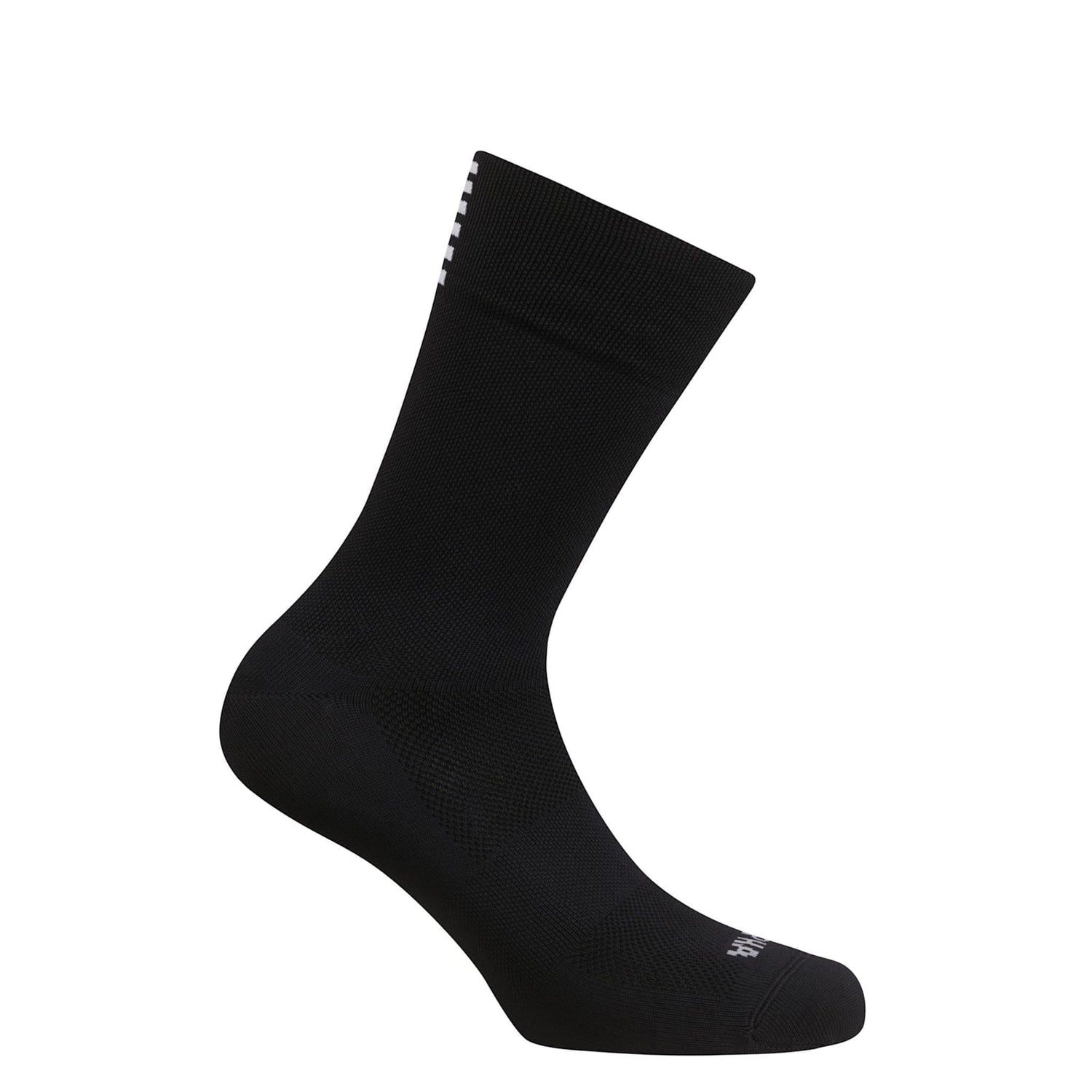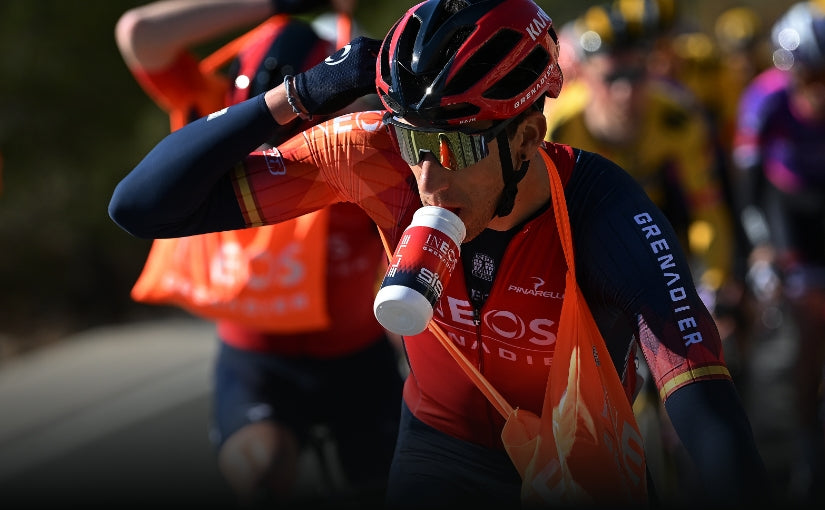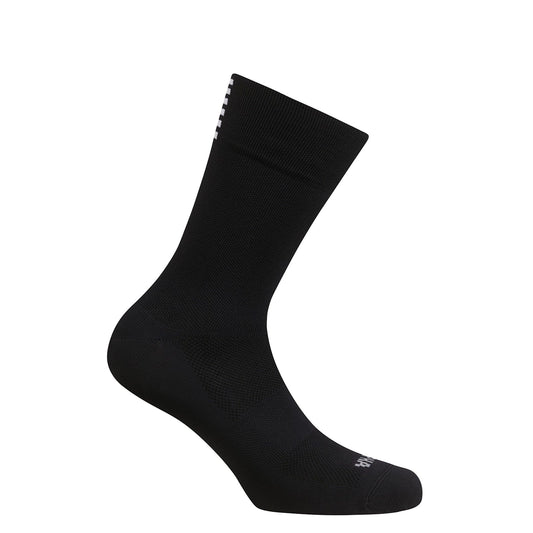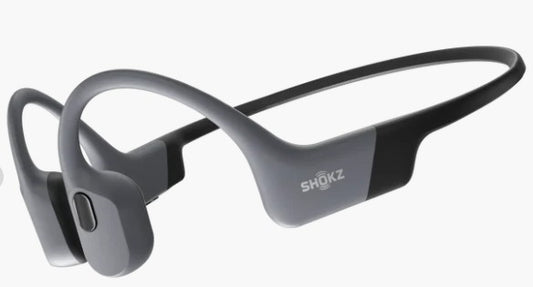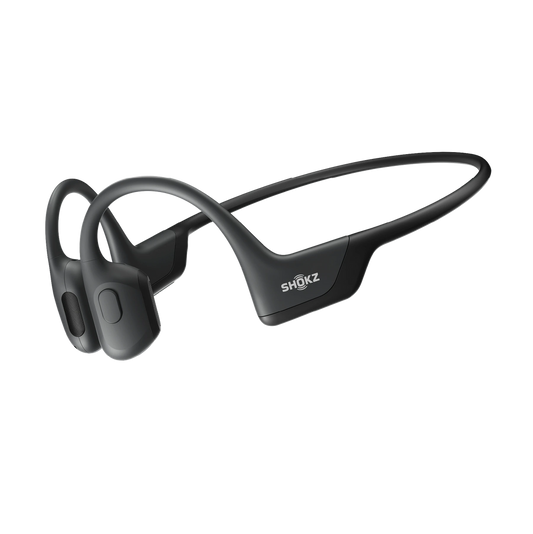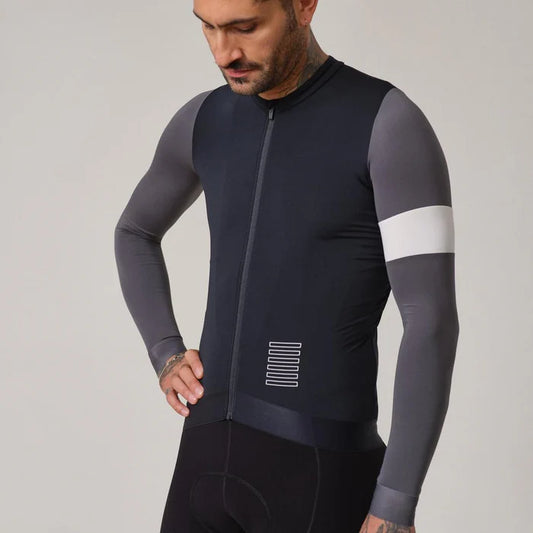Improving performance and ensuring you maximise your rides depend much on cycling nutrition. Still, the subject is surrounded by many false ideas and misunderstandings. This article aims to debunk some of these myths and provide evidence-based insights to help you develop an effective nutrition plan.
Myth 1: You Don't Need to Eat During Short Rides
The Myth
Many cyclists believe that if their ride is of under an hour, they don't need to worry about nutrition.
The Reality
An appropriate diet helps even with short rides. Although you might not require a whole meal, a few carbohydrates will help you keep your energy level and increase your performance.
Evidence-Based Tips
A basic carbohydrate drink or protein bars will be plenty for short rides. This guarantees that you are ready for your following workout and aids to top off your muscle glycogen levels.
Myth 2: Carbohydrates Are the Only Important Nutrient

The Myth
Carbs are often seen as the sole focus for cycle fitness nutrition.
The Reality
Although carbs are vital for energy, proteins and lipids also have major functions in recovery and steady performance. Essential is a balanced diet including fruits and vegetables, proteins, and good fats together with fats.
Evidence-Based Tips
Change your diet to include various combinations of proteins, fats, and carbohydrates. For instance, a meal with lean meat, complete grains, and vegetables offers a well-rounded nutritional profile that supports both long-term recovery and immediate energy requirements.
Myth 3: You Should Avoid Eating Before Rides to Lose Weight
The Myth
Skipping meals before a ride is thought to aid in weight loss.
The Reality
This method can cause performance to drop and energy crashes. Before a ride, a balanced diet helps you have a consistent energy source and improves general performance, which can support your weight reduction aims over time.
Evidence-Based Tips
A few hours before your ride, eat a healthy dinner with a decent mix of fat, protein, and carbs. This supplies the fuel your bike needs and helps your glycogen supplies fill.
Myth 4: Sports Drinks Are Essential for Every Ride

The Myth
Sports drinks are necessary for hydration on all rides.
The Reality
Water and natural hydration sources such as fruits will help with shorter or less intensive rides. Longer, more vigorous rides can benefit from sports drinks to restore lost electrolytes and carbs.
Evidence-Based Tips
Usually, water is plenty for rides that last less than one hour. Think about a carbohydrate drink or electrolyte solution to sustain hydration and energy levels on longer rides.
Myth 5: More Supplements Mean Better Performance
The Myth
Taking multiple supplements will enhance performance.
The Reality
Dependency on supplements alone too much could result in an unbalanced diet. Your diet should be built on whole foods; supplements should cover particular deficiencies.
Evidence-Based Tips
Emphasise a balanced diet of whole grains, lean proteins, and fruits and vegetables. Use supplements like protein bars or specialised sports nutrition items during lengthy rides or high-intensity training sessions.
Myth 6: High-Carb Diets Are Always Best

The Myth
A high-carb diet is optimal for all cyclists.
The Reality
Different people have different demands. Hence, a periodized approach to diet might be more successful. Customise your carbohydrate intake depending on your personal goals and degree of training effort.
Evidence-Based Tips
Aim for a greater carbohydrate intake—between 60 and 90 grammes per hour—on days for high-intensity training or lengthy rides. Emphasise a balanced diet, including enough proteins and fats, on lighter exercise days.
Myth 7: Hydration is Only Important in Hot Weather
The Myth
Hydration needs are minimal in cooler weather.
The Reality
Appropriate hydration is essential, independent of temperature. Any weather can cause dehydration, which influences performance and recovery.
Evidence-Based Tips
Aim for roughly 500 ml of liquids per hour and sip water consistently during your journey. Includes electrolyte solutions to replace lost minerals on longer or more intensive rides.
Conclusion
Cycling nutrition is a crucial aspect of cycle fitness nutrition. By debunking these common myths and following evidence-based practices, you can enhance your performance and enjoy your rides more. Remember, the key to successful cycling and nutrition is a balanced approach tailored to your needs and goals. Whether preparing for a long ride or just hitting the road for a short session, proper nutrition can make all the difference.
Ready to optimise your cycling nutrition? Explore our range of high-quality cycling gear, including cycling shoes, jerseys, helmets, and much more.
